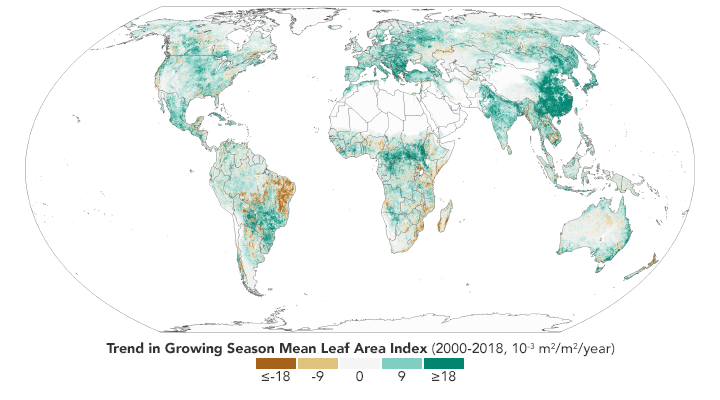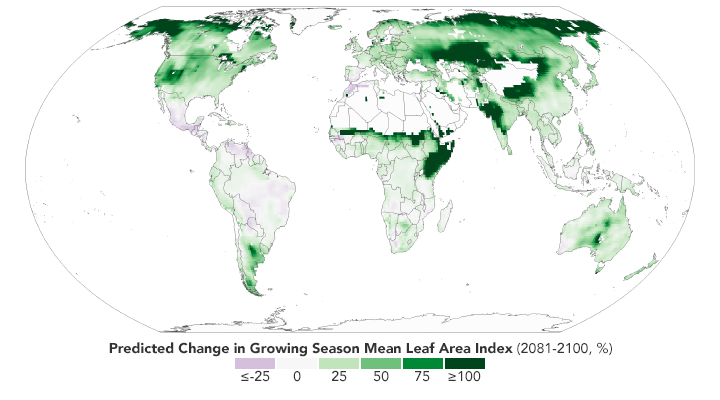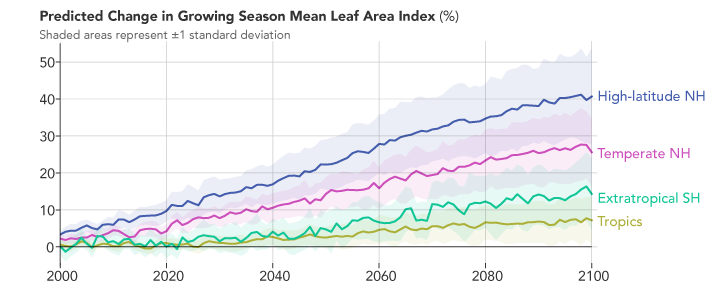H
hard rain
Meanwhile in Australia the fires are out. Australia's most southern Island state, Tasmania, where water temperatures have risen rapidly and are threatening kelp forests and related ecosystems. It's a big article so I won't paste it all.
Just a couple of excerts;
"Climate change had arrived at this island near the bottom of the world, and the giant kelp that flourished in its cold waters was among the first things to go.
Over recent decades, the rate of ocean warming off Tasmania, Australia’s southernmost state and a gateway to the South Pole, has climbed to nearly four times the global average, oceanographers say.
More than 95 percent of the giant kelp — a living high-rise of 30-foot stalks that served as a habitat for some of the rarest marine creatures in the world — died.
Giant kelp had stretched the length of Tasmania’s rocky east coast throughout recorded history. Now it clings to a tiny patch near Southport, the island’s southern tip, where the water is colder."
...
"A stretch of the Tasman Sea right along Tasmania’s eastern coast has already warmed by just a fraction below 2 degrees Celsius, according to ocean temperature data from the Hadley Center, the U.K. government research agency on climate change."
https://www.washingtonpost.com/graphics/2019/world/climate-environment/climate-change-tasmania/
And another article:
https://www.abc.net.au/news/2020-02...st-warming-four-times-global-average/11889628
Just a couple of excerts;
"Climate change had arrived at this island near the bottom of the world, and the giant kelp that flourished in its cold waters was among the first things to go.
Over recent decades, the rate of ocean warming off Tasmania, Australia’s southernmost state and a gateway to the South Pole, has climbed to nearly four times the global average, oceanographers say.
More than 95 percent of the giant kelp — a living high-rise of 30-foot stalks that served as a habitat for some of the rarest marine creatures in the world — died.
Giant kelp had stretched the length of Tasmania’s rocky east coast throughout recorded history. Now it clings to a tiny patch near Southport, the island’s southern tip, where the water is colder."
...
"A stretch of the Tasman Sea right along Tasmania’s eastern coast has already warmed by just a fraction below 2 degrees Celsius, according to ocean temperature data from the Hadley Center, the U.K. government research agency on climate change."
https://www.washingtonpost.com/graphics/2019/world/climate-environment/climate-change-tasmania/
And another article:
https://www.abc.net.au/news/2020-02...st-warming-four-times-global-average/11889628








